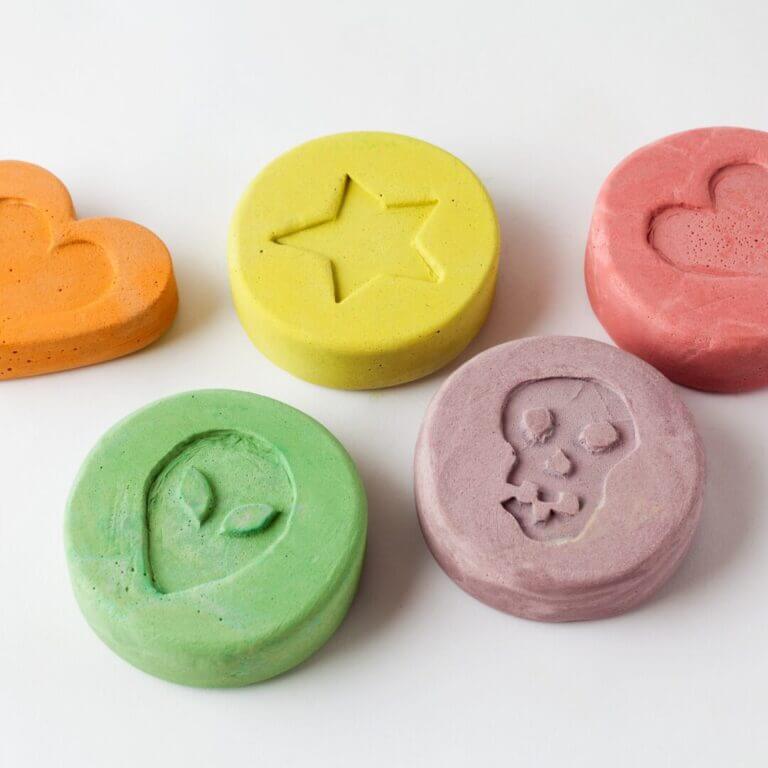
Overcoming a substance use disorder is always challenging. An opioid use disorder, in particular, can be incredibly difficult to overcome. For many people, medications like Suboxone can make withdrawal and recovery easier. At Ashley Addiction Treatment, Suboxone treatment can be one way to achieve sobriety and work toward recovery.
What is Suboxone?

Suboxone is a prescription drug that is primarily made up of two substances: naloxone and buprenorphine. Buprenorphine is a drug that has partial opioid effects. Naloxone blocks opioid receptors and can reverse the effects of opioids. When used as directed (orally), buprenorphine is the only active ingredient of Suboxone. Naloxone is only effective when used intravenously (injected), so it was added to buprenorphine to discourage improper intravenous use of Suboxone.
Typically, medical professionals administer suboxone as a thin film placed under an individual’s tongue until it dissolves.
As patients begin the medical detoxification process and go into withdrawal, Suboxone can be used to reduce typical withdrawal symptoms. Under medical supervision, Suboxone has proven positive side effects to help reduce withdrawal symptoms and diminish opioid cravings. It has also been shown to reduce overdose deaths, reduce illicit opioid use, and has been proven to be less habit-forming than other substance abuse treatments, such as Methadone.
While there are clear benefits to this treatment, there are also clear Suboxone health risks with continued usage. Suboxone is a mood-altering medication that can be abused. As well, tolerance and dependence will result with its continued use, meaning that there is withdrawal with abrupt discontinuation of the medication.
Other common side-effects from the use of Suboxone treatment are as follows:
- Headache
- Nausea
- Vomiting
- Constipation
- Generalized Pain
- Increased sweating
- Insomnia
Physical and Psychological Addiction Treatment
Suboxone is just one part of treatment for substance use disorders. While medications can target some of the physical aspects of addiction, there are also psychological components that have to be addressed.
Underlying issues like mental illness or trauma can play a role, as do genetics. Therapy is often necessary to help patients focus on those issues in order to recover. Relapse prevention is also a big part of addiction treatment. Suboxone can reduce the desire to use illicit opioids, but individuals have to learn coping mechanisms to prevent reliance on substances in the future.
Suboxone Treatment at Ashley Addiction Treatment
In addition to Suboxone treatment, Ashley Addiction Treatment offers various evidence-based treatment methods. Our program begins with a full assessment, which lays the foundation for a customized recovery plan. Patients will have access to a wide range of treatments and strategies for lasting recovery. In addition to Suboxone treatment, we offer:
- Trauma and dual diagnosis care
- Individual and group therapy
- Family counseling
- Relapse prevention training
- Yoga, acupuncture and massage therapies
Suboxone treatment can be one way to safely begin your journey away from opioid addiction. At Ashley Addiction Treatment Center in Havre de Grace, Maryland, you’ll have all the resources you need to fight back against addiction. Call 866-313-6307 and start living a life of sobriety today.
